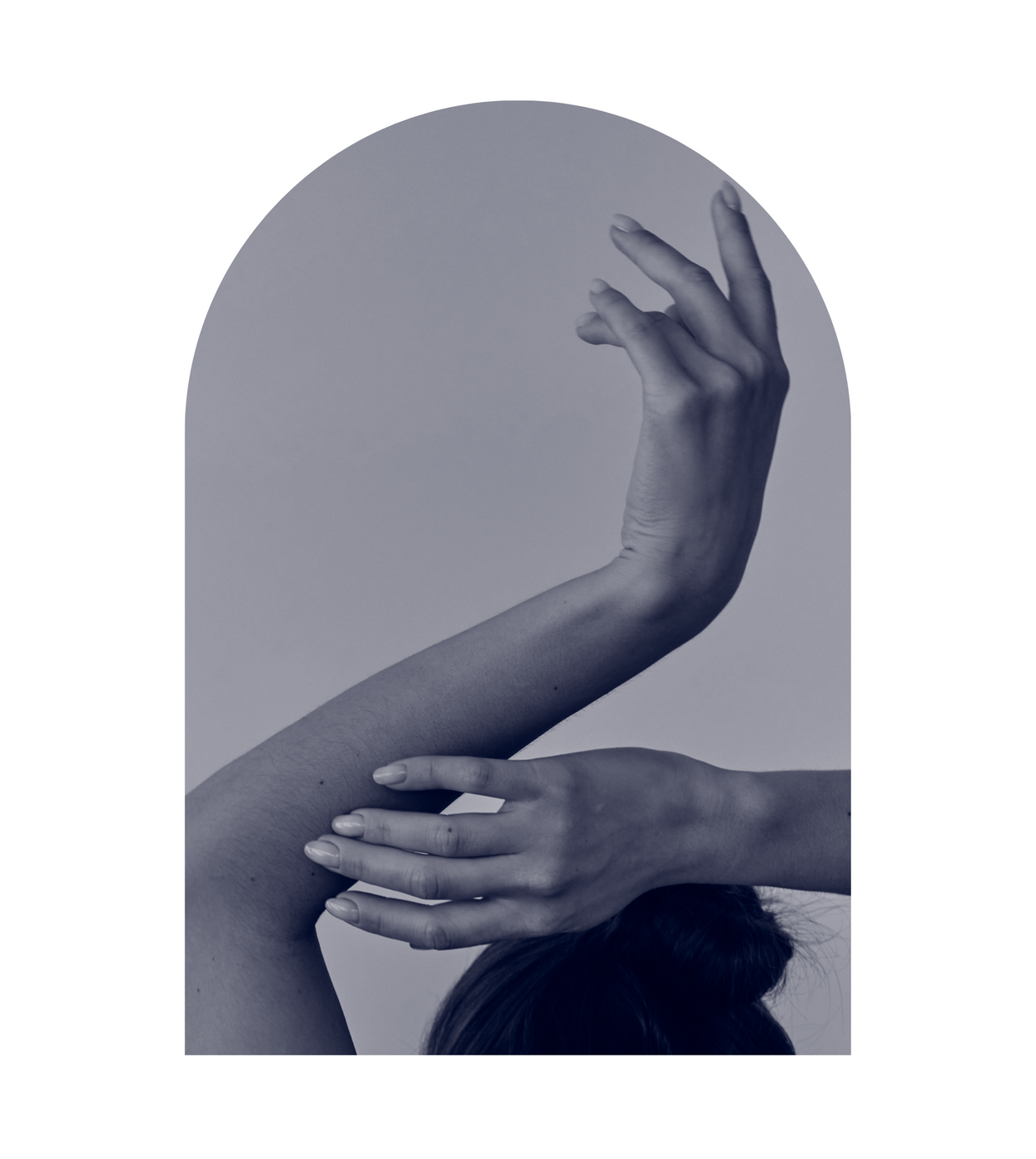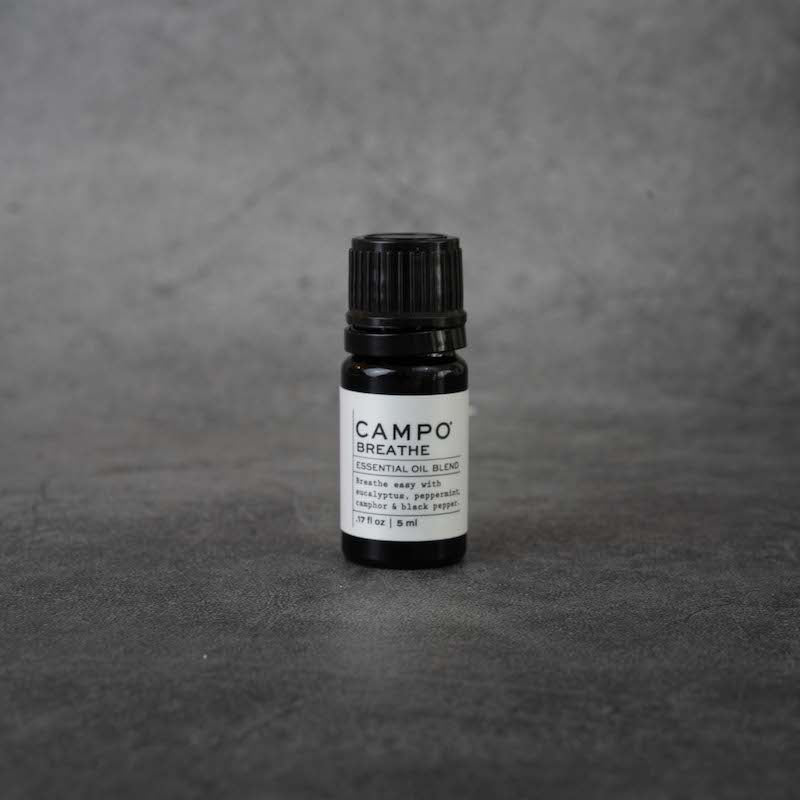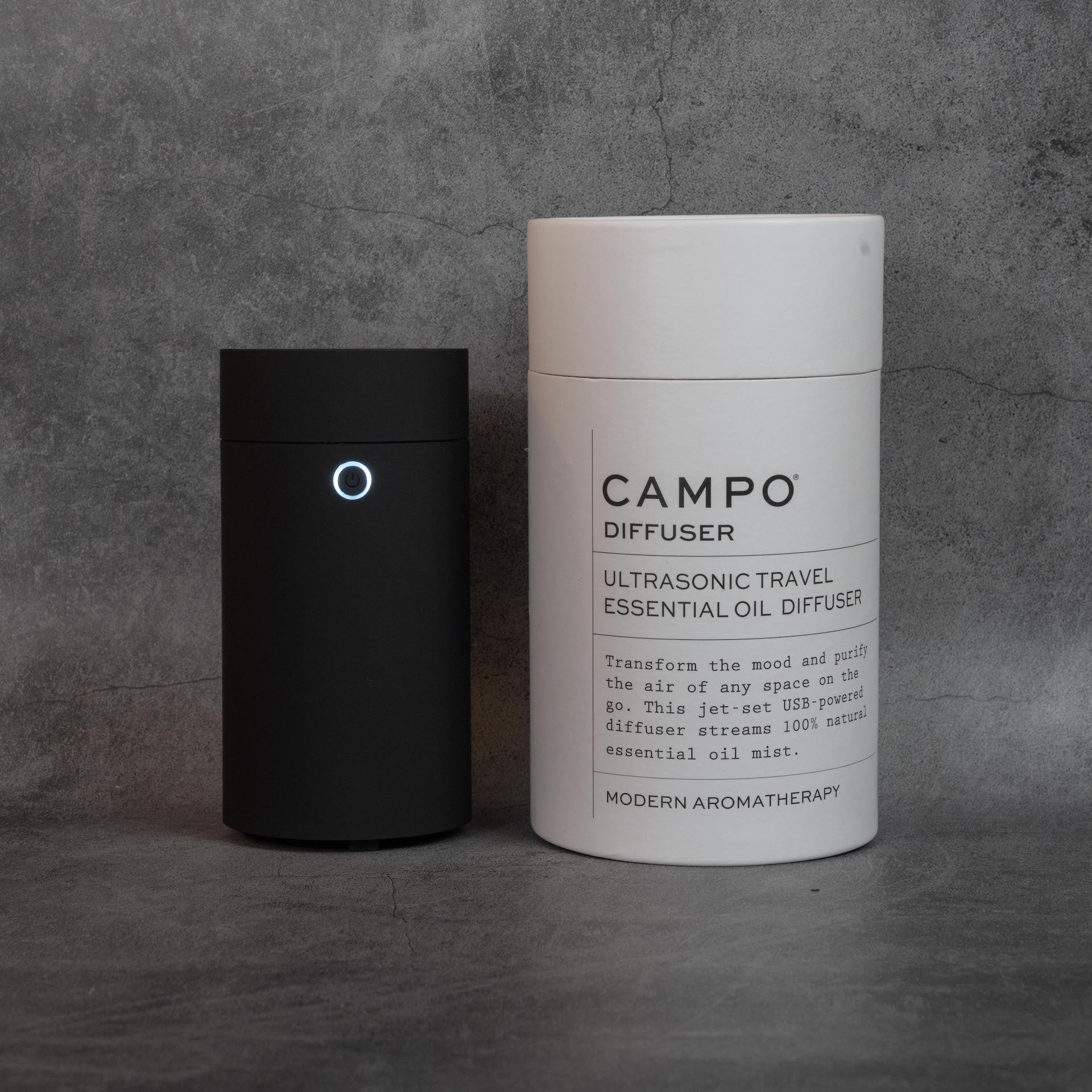Taylor Fazio, MS, RD, CDN, Wellness Advisor at The Lanby
Dr. Emily Bruno, Lead Physician at The Lanby
Blog in partnership with The Lanby
How important is sleep?
Taylor: Think of sleep as the best insurance policy you can invest in. A sufficient amount of sleep is essential for optimal physical health, immune function, mental health, cognition, and disease prevention. It is dedicated time for the body to rest, recover, and reset. A myriad of functions occur when we are asleep at night. Consistent quality sleep improves health on a biological level. Poor sleep habits increase risk for poor metabolic health through increased calorie intake (through more food cravings) and decreased energy expenditure. Prolonged poor sleep can even contribute to weight gain, obesity, or type 2 diabetes due to poor insulin sensitivity.
How much sleep is recommended?
Emily: The American Academy of Sleep Medicine (AASM) and Sleep Research Society (SRS) developed a consensus recommendation for the amount of sleep needed to promote optimal health in adults: Adults should sleep 7 or more hours per night on a regular basis to promote optimal health. Sleeping less than 7 hours per night on a regular basis is associated with adverse health outcomes, including weight gain and obesity, diabetes, hypertension, heart disease and stroke, depression, and increased risk of death. Sleeping less than 7 hours per night is also associated with impaired immune function, increased pain, impaired performance, increased errors, and greater risk of accidents. Sleeping more than 9 hours per night on a regular basis may be appropriate for young adults, individuals recovering from sleep debt, and individuals with illnesses. For others, it is uncertain whether sleeping more than 9 hours per night is associated with health risk.
Taylor: The average adult should aim for 7-9 hours per night. If you’re over 65, it’s best to aim for around 8 hours per night.
How are the different sleep disorders treated in western medicine?
Emily: There are 6 major sleep disorders:1. Insomnia:
• Practice good sleep hygiene
• Maintain a regular schedule
• Use the bed for sleep and sex only
• Avoid watching television, looking at phones, or reading in the bed
• Exercise almost every day, but not right before bedtime
• Avoid caffeine or smoking mainly during the evening
• Maintain a dark, calm, and quiet environment in the bedroom
• Avoid struggling to fall asleep in bed.
• If you can't sleep, get up and try again later or change the bed.
• Cognitive behavioral therapy
• Prescriptions may include antihistamines, benzos, melatonin
2. Circadian rhythm disorders:Light phase therapy
3. Sleep-disordered breathing (like OSA [which USPSTF does NOT recommend routinely screening for, per Dec 2022 recommendation]:• CPAP/BiPAP
• Surgery
• Lifestyle interventions [weight loss]
4.Hypersomnia/narcolepsy:
• Stimulants/non-stimulants, antidepressants
5. Parasomnias; and 6. restless legs syndrome/periodic limb movement disorder:
• Gabapentin
• Magnesium
Taylor: Western medicine rarely looks at the root cause of sleep issues. For example, snoring -- which results in suboptimal sleep quality -- may be due to impaired respiratory function by solely mouth breathing. Sleep apnea and insomnia can lead o conditions such as heart disease, kidney disease, high blood pressure, diabetes, stroke, obesity, and depression.
Which organ systems are impacted? How might this be prescribed/treated?
Emily: See treatment answers above.
Taylor: "Integrity of peripheral organs such as the heart and kidney depends on the circadian coordination. Long-term disruption of circadian rhythms, in shift workers, transoceanic flight attendants, or patients with sleep disturbances, can ultimately result in heart and kidney disease" (Martino et al., 2008[28]). AKA all! Sleep hygiene is essential for long term health across the board.
How do TCM treatments work together with western medicine’s treatment?
Taylor: TCM and western medicine operate under different paradigms. TCM views care through a lens of systems based approach, Western Medicine treats symptom and disease. These can effectively overlap to create a treatment plan to improve sleep through modalities like acupuncture, dietary changes, medication if indicated, other Western modalities like sleep studies and utilizing sleep assistive devices like CPAP to gain traction with good sleep hygiene.
(Source: Watson NF, Badr MS, Belenky G, Bliwise DL, Buxton OM, Buysse D, Dinges DF, Gangwisch J, Grandner MA, Kushida C, Malhotra RK, Martin JL, Patel SR, Quan SF, Tasali E. Recommended Amount of Sleep for a Healthy Adult: A Joint Consensus Statement of the American Academy of Sleep Medicine and Sleep Research Society. Sleep. 2015 Jun 1;38(6):843-4. doi: 10.5665/sleep.4716. PMID: 26039963; PMCID: PMC4434546)












